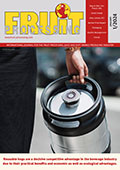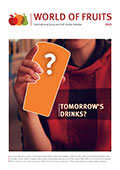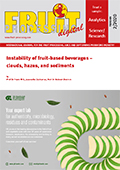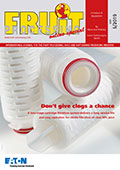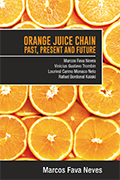Edible Food Packaging Made From Milk Proteins
At the grocery store, most foods – meats, breads, cheeses, snacks – come wrapped in plastic packaging. Not only does this create a…
At the grocery store, most foods – meats, breads, cheeses, snacks – come wrapped in plastic packaging. Not only does this create a lot of non-recyclable, non-biodegradable waste, but thin plastic films are not great at preventing spoilage. And some plastics are suspected of leaching potentially harmful compounds into food. To address
these issues, scientists are now developing a packaging film made of milk proteins – and it is even edible.
The researchers were presenting their work at the 252nd National Meeting & Exposition of the American Chemical Society (ACS).
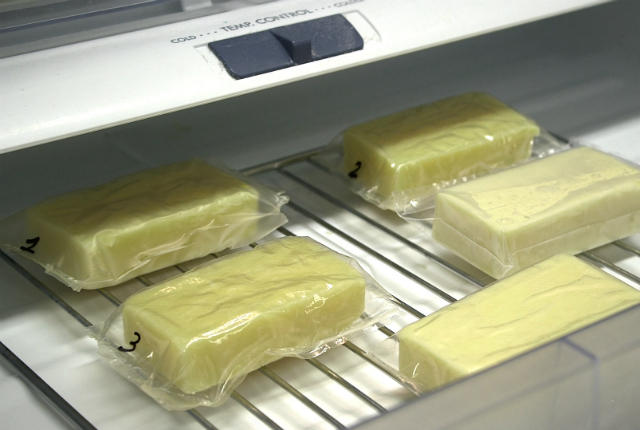 "The protein-based films are powerful oxygen blockers that help prevent food spoilage. When used in packaging, they could prevent food waste during distribution along the food chain," says research leader Peggy Tomasula, D.Sc. And spoiled food is just one issue. Current food packaging is mainly petroleum-based, which is not sustainable. It also does not degrade, creating tons of plastic waste that sits in landfills for years.
"The protein-based films are powerful oxygen blockers that help prevent food spoilage. When used in packaging, they could prevent food waste during distribution along the food chain," says research leader Peggy Tomasula, D.Sc. And spoiled food is just one issue. Current food packaging is mainly petroleum-based, which is not sustainable. It also does not degrade, creating tons of plastic waste that sits in landfills for years.
To create an all-around better packaging solution, Tomasula and colleagues at the U.S. Department of Agriculture are developing an environmentally friendly film made of the milk protein casein. These casein-based films are up to 500 times better than plastics at keeping oxygen away from food and, because they are derived from milk, are biodegradable, sustainable and edible. Some commercially available edible packaging varieties are already on the market, but these are made of starch, which is more porous and allows oxygen to seep through its microholes. The milk-based packaging, however, has smaller pores and can thus create a tighter network that keeps oxygen out.



